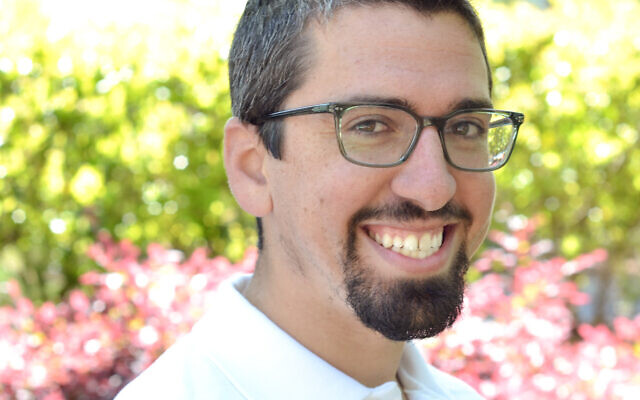A Passover Message from Rabbi Nachi Friedman
Members of the extended Atlanta Jewish community expresses their thoughts about the 2023 Passover holiday, using the prompt, "Unity Creates Community."
Ha Lachma Anya- A community of Matza!
We begin our Passover Seder in a peculiar way. We uncover our Matzah and declare, “This is the bread of affliction that our ancestors ate in the land of Egypt. Anyone who is hungry should come and eat.” Question 1) Why are we inviting everyone now? Are people actually walking outside looking for invites? We likely have our meal prepared; shouldn’t we say this prior to the start of Passover? Question 2) Why is matzah the bread of affliction? If you look in the Torah, Matzah is the bread of freedom! The first mention of Matzah is during the exodus when we hurried out before the dough could rise. Why are we calling it bread of affliction?
I’d like to suggest that the affliction isn’t just a reference to the slavery in Egypt, but to the trials and tribulations of our Jewish history. Throughout life we, as a nation, have experienced challenges, obstacles, triumphs, and successes. The Haggadah text states this perfectly “שֶׁבְּכָל דּוֹר וָדוֹר עוֹמְדִים עָלֵינוּ לְכַלוֹתֵנוּ, וְהַקָּדוֹשׁ בָּרוּךְ הוּא מַצִּילֵנוּ מִיָּדָם.- in each generation, they stand [against] us to destroy us, but the Holy One, blessed be He, rescues us from their hand.” Throughout these ups and downs our nation remained resilient, strong, and unwavering. The Matzah represents this journey.
To take this further, we invite others to our meal, not just to be hospitable and friendly, but to display our freedom. Rabbi Lord Jonathan Sacks z”l comments in his Haggadah, “The law of the camp (referencing the Holocaust) said: “Eat your own bread, and if you can, that of your neighbor.” To do otherwise would have been suicidal. The offer of sharing bread was the first human gesture on the journey from slavery to freedom. One who fears tomorrow does not offer their bread to others. That is why we begin the Seder by inviting others to join us. That is how we turn affliction into freedom.
Our tradition on Passover is to avoid bread/chametz and eat Matzah, unleavened bread. Rabbi Stolper writes, “Fermentation/chametz, is a function of nature which symbolizes the negative forces of civilization which sway man from his responsibilities.” Bread that has fermented spoils in a few days while unleavened bread lasts much longer. Rabbi Stolper describes matzah as bread that overcomes the limitations of time.
We eat matzah on Passover to represent the Jewish nation’s resilience, journey and ability to survive every generation (בְּכָל דּוֹר וָדוֹר). When we state Ha Lachma Anya- “this is the bread of affliction,” we are praising ourselves and our people. We display our triumphs and freedom as we sit together and invite everyone to our meal. Yes, our past is filled with affliction, but when we sit together as a community we turn the matzah of affliction into the matzah of freedom. We are not leavened bread that is temporary, but a nation that can stand the test of time by rising up together as a community.
Chag Sameach.
Nachi Friedman is the rabbi at Congregation Anshi S’fard, and a play therapist at JF&CS.




comments